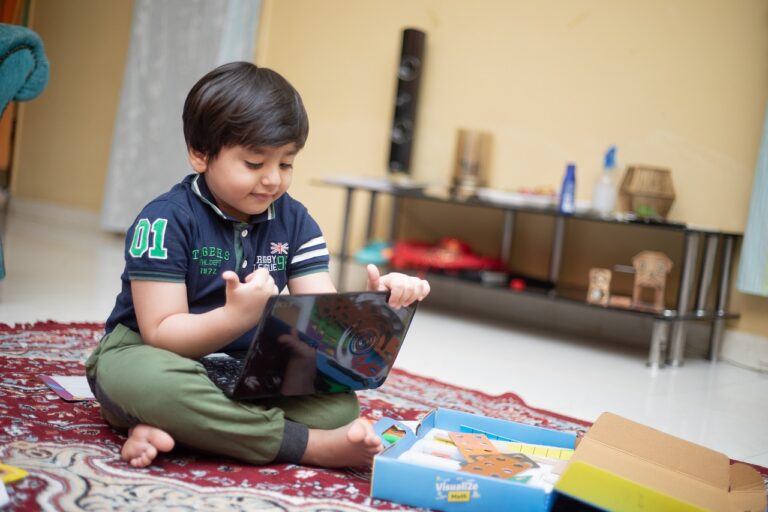The Impact of School Culture on Student Achievement in Private Schools: Goldbet7, Radheexch, 11xplayonline
goldbet7, radheexch, 11xplayonline: Private schools are known for their small class sizes, rigorous academic programs, and dedicated faculty members. But one aspect that often gets overlooked is the impact of school culture on student achievement. School culture refers to the beliefs, attitudes, and behaviors that shape the environment of a school. It plays a crucial role in determining how students perceive their learning experience and ultimately affects their academic success.
Building a positive school culture in private schools can lead to higher student achievement levels. When students feel safe, supported, and valued, they are more likely to engage in their learning and strive for academic success. A strong school culture fosters a sense of community and belonging, which can motivate students to excel academically.
Here are some ways in which school culture can impact student achievement in private schools:
1. Supportive Environment:
A positive school culture creates a supportive environment where students feel encouraged to take risks, ask questions, and seek help when needed. When students feel supported by their teachers and peers, they are more likely to overcome challenges and work towards achieving their academic goals.
2. High Expectations:
Private schools often have high academic expectations for their students. A culture that values academic excellence can motivate students to push themselves beyond their comfort zones and strive for higher levels of achievement. When students are surrounded by peers who excel academically, they are more likely to be inspired to do the same.
3. Sense of Belonging:
A strong school culture fosters a sense of belonging among students, which can positively impact their academic performance. When students feel like they are part of a community that values their contributions and supports their growth, they are more likely to be engaged in their learning and motivated to succeed.
4. Collaboration:
A collaborative school culture promotes teamwork and cooperation among students, teachers, and parents. When everyone works together towards a common goal, students are more likely to benefit from diverse perspectives and learning opportunities. Collaboration can enhance student achievement by creating a supportive network of individuals who are invested in each student’s success.
5. Accountability:
A culture of accountability holds students, teachers, and administrators responsible for their actions and outcomes. When everyone is held to high standards of performance and behavior, students are more likely to take their academic responsibilities seriously. A culture of accountability reinforces the value of hard work and dedication, which can lead to improved student achievement.
6. Continuous Improvement:
Private schools that prioritize continuous improvement in their school culture are more likely to see positive outcomes in student achievement. By regularly evaluating and adapting their practices to meet the needs of their students, schools can create a dynamic learning environment that promotes growth and success.
Overall, the impact of school culture on student achievement in private schools cannot be overstated. A positive school culture can motivate students, foster a sense of belonging, and create a supportive environment that enables each student to reach their full potential.
FAQs:
Q: How can schools improve their school culture?
A: Schools can improve their school culture by promoting open communication, fostering a sense of community, setting high expectations, and providing support for students, teachers, and parents.
Q: Can school culture affect teacher retention?
A: Yes, school culture can significantly impact teacher retention. A positive school culture can attract and retain talented teachers who are dedicated to creating a supportive learning environment for students.
Q: How can parents contribute to a positive school culture?
A: Parents can contribute to a positive school culture by actively participating in school events, supporting their child’s education, and collaborating with teachers and administrators to create a cohesive learning community.







